The Life and Death of Albert Dekker
 Albert Dekker was a talented and intense actor, with such memorable stage roles to his credit as Willy Loman in Death of a Salesman, and appearances in more than 60 films, including Dr. Cyclops (1949), Gentleman’s Agreement (1947), East of Eden (1955), and The Wild Bunch (1969). Unfortunately, Dekker’s impressive body of work is frequently overshadowed by his bizarre death, the circumstances which remain a mystery to this day. The actor’s tragic end notwithstanding, Dekker was known among friends and family for his kind and sensitive nature, and among movie fans for his first-rate character performances, which included roles in several features from the film noir era.
Albert Dekker was a talented and intense actor, with such memorable stage roles to his credit as Willy Loman in Death of a Salesman, and appearances in more than 60 films, including Dr. Cyclops (1949), Gentleman’s Agreement (1947), East of Eden (1955), and The Wild Bunch (1969). Unfortunately, Dekker’s impressive body of work is frequently overshadowed by his bizarre death, the circumstances which remain a mystery to this day. The actor’s tragic end notwithstanding, Dekker was known among friends and family for his kind and sensitive nature, and among movie fans for his first-rate character performances, which included roles in several features from the film noir era.
Born on December 20, 1905, in Brooklyn, New York, Albert Dekker originally planned to become a doctor, but was encouraged by a friend to pursue an acting career after he appeared in several school plays. He debuted on Broadway at the age of 21, and was seen in his first feature film, The Great Garrick, in 1937. His first starring role came in 1940, where he played the title role in Dr. Cyclops, as a demented scientist in the Amazon who reduces unsuspecting travelers to doll size. Over the next several years, he was seen in a total of six films noirs, including The Killers (1946) and Kiss Me Deadly (1955).
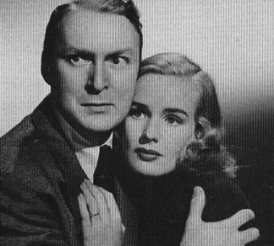
With Frances Farmer in his first noir, Among the Living.
The actors switched vocational gears in 1944, running for state assemblyman for the 57th district which, at that time, included parts of Hollywood. After a landslide victory, Dekker spent two years serving in the assembly, championing such liberal causes as support for unwed mothers and indigent children. He returned to films on a full-time basis in 1946, however, claiming that the trips to the capital in Sacramento had interfered with his movie career.
“Politics would be all right if I were a bad actor,” Dekker said. “But I’m not. I’m a good actor and I like the job of acting.”
In the early 1950s, Dekker’s film career was derailed for a time, after he publicly revealed his disdain for Sen. Joseph McCarthy and his ongoing Communist “witch hunts.” Dekker verbally berated the senator in the press, and on one occasion called him “insane.” As a result, Dekker found himself “gray-listed,” and unable to find work at any studio in Hollywood. To make ends meet, Dekker toured with actress Edith Atwater in poetry readings in New York and London, and was booked for speaking engagements for colleges and literary groups.
He got back on track in 1955, when he signed a contract with Warner Bros., and he also began to accept several stage roles. He was on tour in one such production when tragedy struck. After concluding his performance in a play in Palm Beach, Florida, the actor was told that his 16-year-old son, John, was dead. According to news accounts, John was found by his mother, actress Esther Theresa Guerini, at the family home in Hastings-on-Hudson, New York. He died from a single shot from a 22-caliber rifle, which had pierced his right eye. The shooting was ruled an accident.

In Suddenly, Last Summer with Katharine Hepburn.
Dekker continued to perform in a variety of stage and screen roles during the next several years, including Suddenly, Last Summer (1959), a box-office success despite a rather bizarre story that combined the twin themes of homosexuality and cannibalism, and in the Broadway productions of The Andersonville Trial and A Man for All Seasons.
While appearing in A Man for All Seasons, Dekker met former fashion model Jeraldine Saunders (who would go on to write The Love Boats, on which the popular, long-running television series would be based). The two began dating and eventually, according to Saunders, planned to marry. However, it was around this time that Dekker’s personal life began to nosedive. Like many celebrities in the 1950s and 1960s, Dekker became a client of Dr. Max Jacobson, a New York physician known as “Dr. Feelgood” for administering “vitamin cocktails” that were later discovered to be laced with amphetamines.
“It just gave him a tremendous boots of energy . . . [he] would tell me that he was able to stay up for 24, 36, 40 hours at a time,” said Dekker’s son, Benajmin, in a 1999 documentary. “I think [in] the long term, [the drugs] were very detrimental to his health. And I think that was the beginning of his, somewhat, demise.”
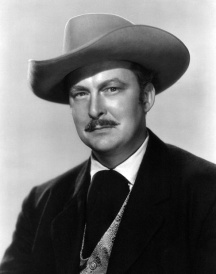 With Dekker’s performing ability perhaps impaired by his growing dependence on the drugs being administered by Max Jacobson, the actor was seen in only a few performances during the next few years. In 1967, he co-starred with Troy Donahue in Come Spy with Me, an amateurish thriller, and guested the following year on the popular television series I Spy. Also in 1968, Dekker was cast as a tough railroad detective in The Wild Bunch (1969), appearing alongside veteran actors William Holden, Ernest Borgnine, and Robert Ryan. During the on-location filming in Mexico, Dekker was reportedly “the life of the set with his endless fund of dialect stories.” Sadly, he would not live to see the film’s release.
With Dekker’s performing ability perhaps impaired by his growing dependence on the drugs being administered by Max Jacobson, the actor was seen in only a few performances during the next few years. In 1967, he co-starred with Troy Donahue in Come Spy with Me, an amateurish thriller, and guested the following year on the popular television series I Spy. Also in 1968, Dekker was cast as a tough railroad detective in The Wild Bunch (1969), appearing alongside veteran actors William Holden, Ernest Borgnine, and Robert Ryan. During the on-location filming in Mexico, Dekker was reportedly “the life of the set with his endless fund of dialect stories.” Sadly, he would not live to see the film’s release.
Shortly after returning to Hollywood from Mexico, in May 1968, Dekker and Jeraldine Saunders took in a play and afterward, Dekker returned to the apartment in which he had been living, with a promise to call Saunders the following day. It was the last time she would see the actor alive. Several days later, on May 5, 1968, concerned that she had not heard from Dekker, Saunders requested that the building manager open the apartment door. Dekker’s body was found inside.
“It was so horrible that when I saw the body, I simply passed out,” Saunders recalled in a 1979 Los Angeles Herald-Examiner article.
The 62-year-old actor was found naked, kneeling in the bathtub, with a hypodermic needle sticking out of each arm. A noose was tied around his neck, and in his mouth was a rubber ball with a metal wire passed through it, like a horse’s bit. Metal chains attached to the wire were tied tightly around his head. Leather belts were girded around his neck and chest, attached to a rope than ran the length of his body and tied his ankles together. Handcuffs were around both wrists, and in red lipstick on his chest, abdomen, and buttocks were written words like “whip” and “slave.”
Authorities determined that Dekker died from asphyxiation, and initially ruled the death a suicide, but it was later judged to be accidental.
Dekker’s shocking death invited numerous theories and countless reactions. Paul Lukas, an old friend of Dekker’s who appeared with him in Strange Cargo (1940) and Experiment Perilous (1944), refused to accept the coroner’s ruling. “Al never would leave the world in such a terrible shambles,” Lukas told the press. “He was a man of culture and breeding.”
 Similarly, Jeraldine Saunders questioned the verdict, expressing the belief that Dekker’s death had involved a robbery. According to Saunders, a large amount of cash and the actor’s expensive camera equipment were missing from the apartment. “I can’t say who took it, but foul play based on theft of the money seems to me the answer,” Saunders maintained. “I think it was someone he knew and let into the apartment.”
Similarly, Jeraldine Saunders questioned the verdict, expressing the belief that Dekker’s death had involved a robbery. According to Saunders, a large amount of cash and the actor’s expensive camera equipment were missing from the apartment. “I can’t say who took it, but foul play based on theft of the money seems to me the answer,” Saunders maintained. “I think it was someone he knew and let into the apartment.”
But Dekker’s son, Benjamin, offered another scenario. “His death was the result of an accident that was between or occurred during a relationship of two consenting adults,” Benjamin said in 1999. “There are some things that are private. One of those things is a person’s private life. As long as what they do does not affect, in a pejorative fashion, the lives of others, they have a right to be able to do whatever they wish to do. It’s that simple.”
The circumstances surrounding Albert Dekker’s death will, in all likelihood, remain a mystery; a greater crime, however, would be to allow the manner in which he died to overshadow the way in which he lived. Dekker not only left behind an impressive body of stage, screen, and television performances but, by all accounts, he was a generous and compassionate man who was much beloved by his family and friends.
“Al has a fine mind,” actor Alfred Lunt once said, “and a soul in which unkindness is wholly absent.”


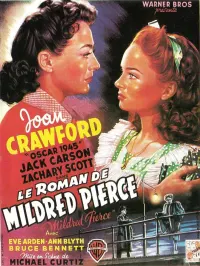




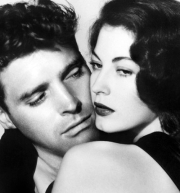
















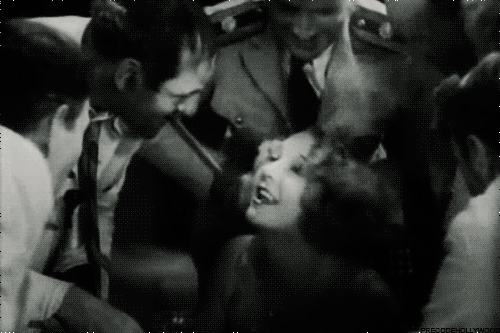


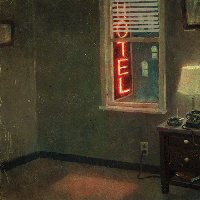
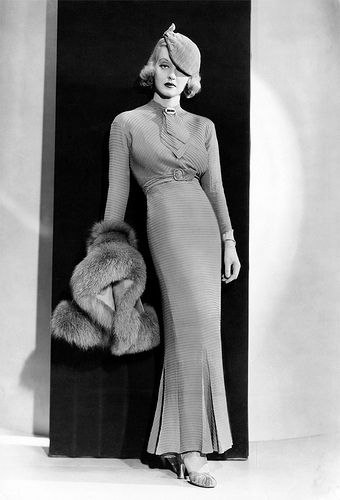



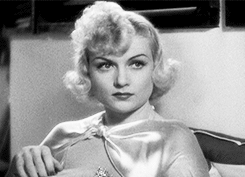
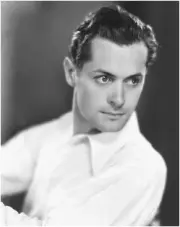
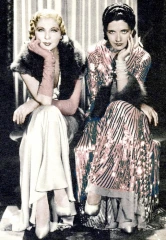

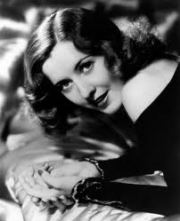



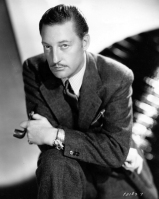




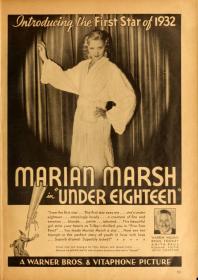
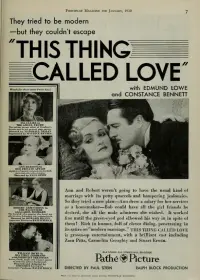

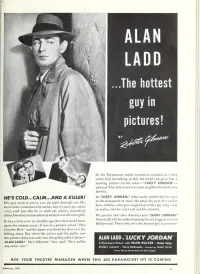
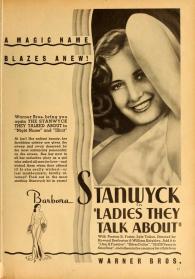

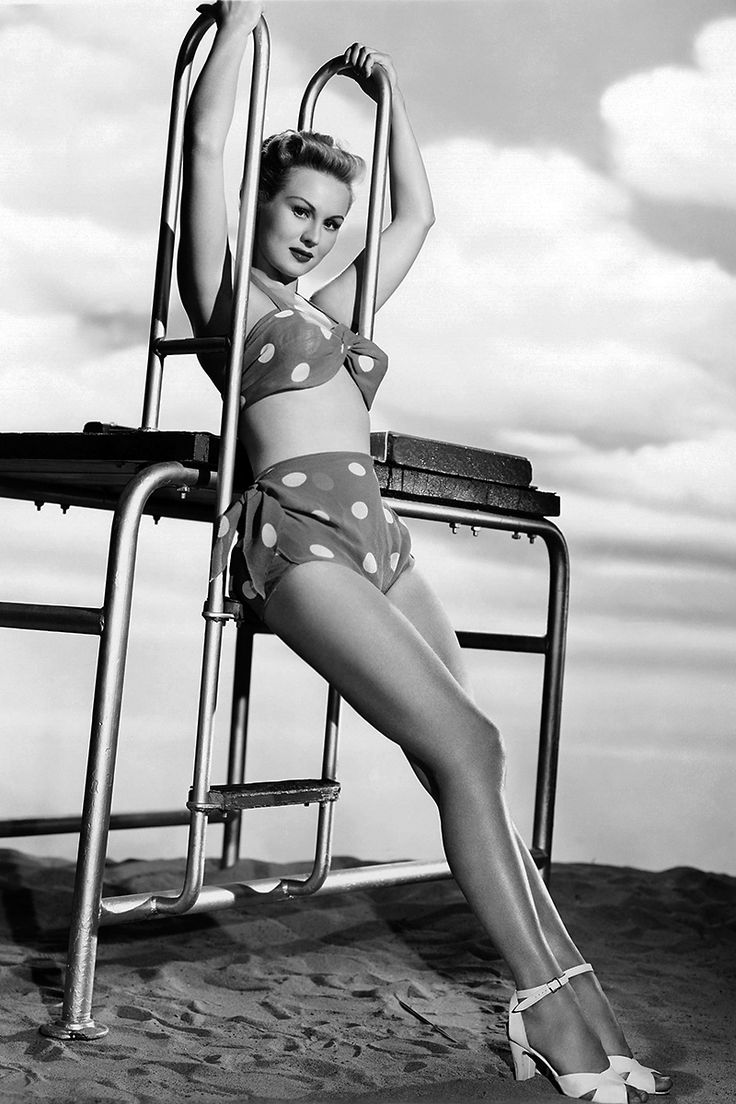



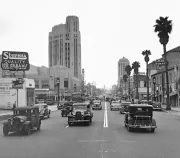
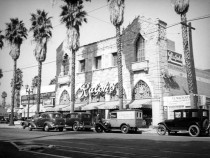


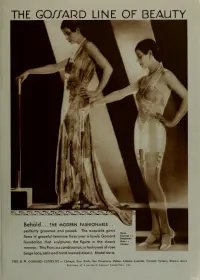

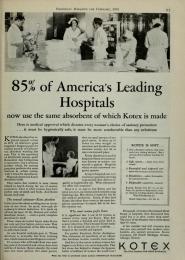

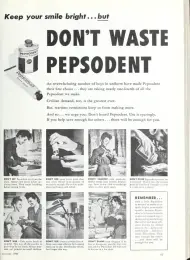


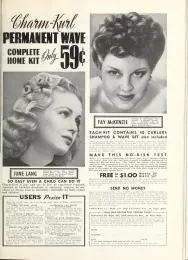


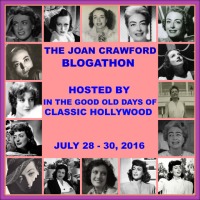


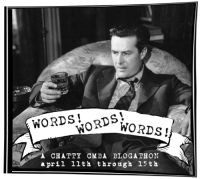

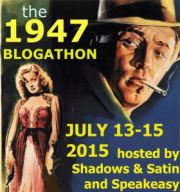
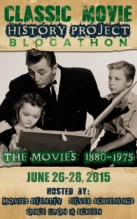
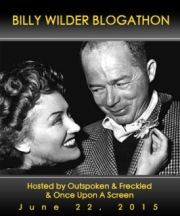


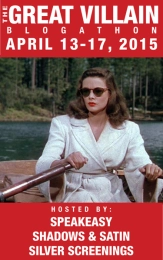


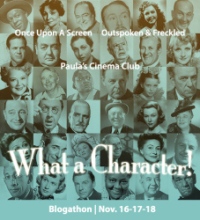



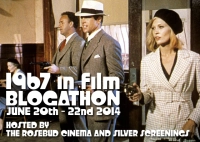


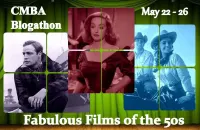
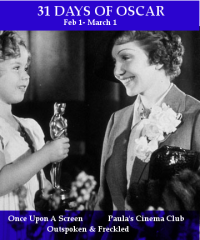
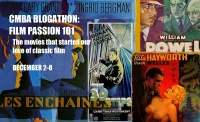







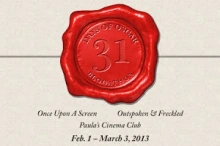

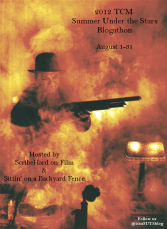


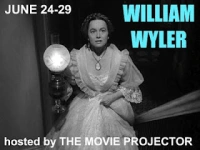





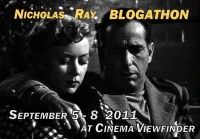

I enjoyed Albert most in his westerns with John Wayne. A great actor.
I will have to check out some of his westerns, Gary — I’ve never seen one! Do you have any in particular that you would recommend?
There’s In Old California and War of the Wildcats, both with John Wayne, for starters. Honky Tonk with Clark Gable and Lana Turner, Woman of the Town (Dekker plays Bat Masterson!), Wyoming ( a surprisingly good Wild Bill Elliot movie), and The Kid from Texas with Audie Murphy. And of course Peckinpah’s The Wild Bunch. Dekker was a great western villain!
Thank you so much, Gary! I’m trying to beef up my westerns repertoire. I always thought of myself as a non-fan of westerns, but every time I watch one, I absolutely love it. I will definitely put these on my list of films to check out. I can start with The Wild Bunch — I’ve seen it once, but I don’t remember Dekker (just Robert Ryan and Edmond O’Brien, for some reason). Thanks again!
Loved The Wild Bunch, I’ll have to watch it again and look for him.
It’s tragic that his family had to go through that, especially after already losing a son.
The son’s explanation makes sense, that level of restraint would have almost had to involve more than one party, which would explain the missing property.
Thanks so much for your comment. I totally agree about the tragedy to the family.
The fondness and esteem with which Albert Dekker was held by family and friends is truly touching. He was right – he was a good actor, and he always brought something extra to his roles that makes him a delight to watch.
I remember one Sunday night in 1968, when the family was watching Bonanza.
They were at the end of the episode, and the trailer came on for next week’s show.
We all took note of the fact that Albert Dekker would be the main guest star, playing a hard-drinking lawyer; Bonanza would get our business next Sunday night.
It was during this week that Albert Dekker took his life.
On Sunday, the Bonanza episode aired as scheduled.
As I recall, NBC did not pay a brief tribute to Dekker, as would be the case today.
Some things just stand out in your memory …
It’s so interesting that you remember that so clearly, so many years later! And sad that NBC did not make any reference to Dekker’s passing.
This sounds like murder and needs to be further investigated. I dont understandbhow someone could tie their self up and ball gaug makes no sense.
You’re so right. I don’t how they let this one slip by.
[…] při konsenzuálním sexuálním vztahu mezi dvěma dospělými lidmi,“ ocitoval Benjamina titul Shadow and Satin. „Některé záležitosti jsou soukromé, a co lidé dělají v soukromí, je jejich věc. Pokud […]
Záhadná smrt herce Dekkera děsí už 55 let. Zemřel spoutaný v zamčené koupelně – Wick.cz said this on May 4, 2023 at 11:14 pm |